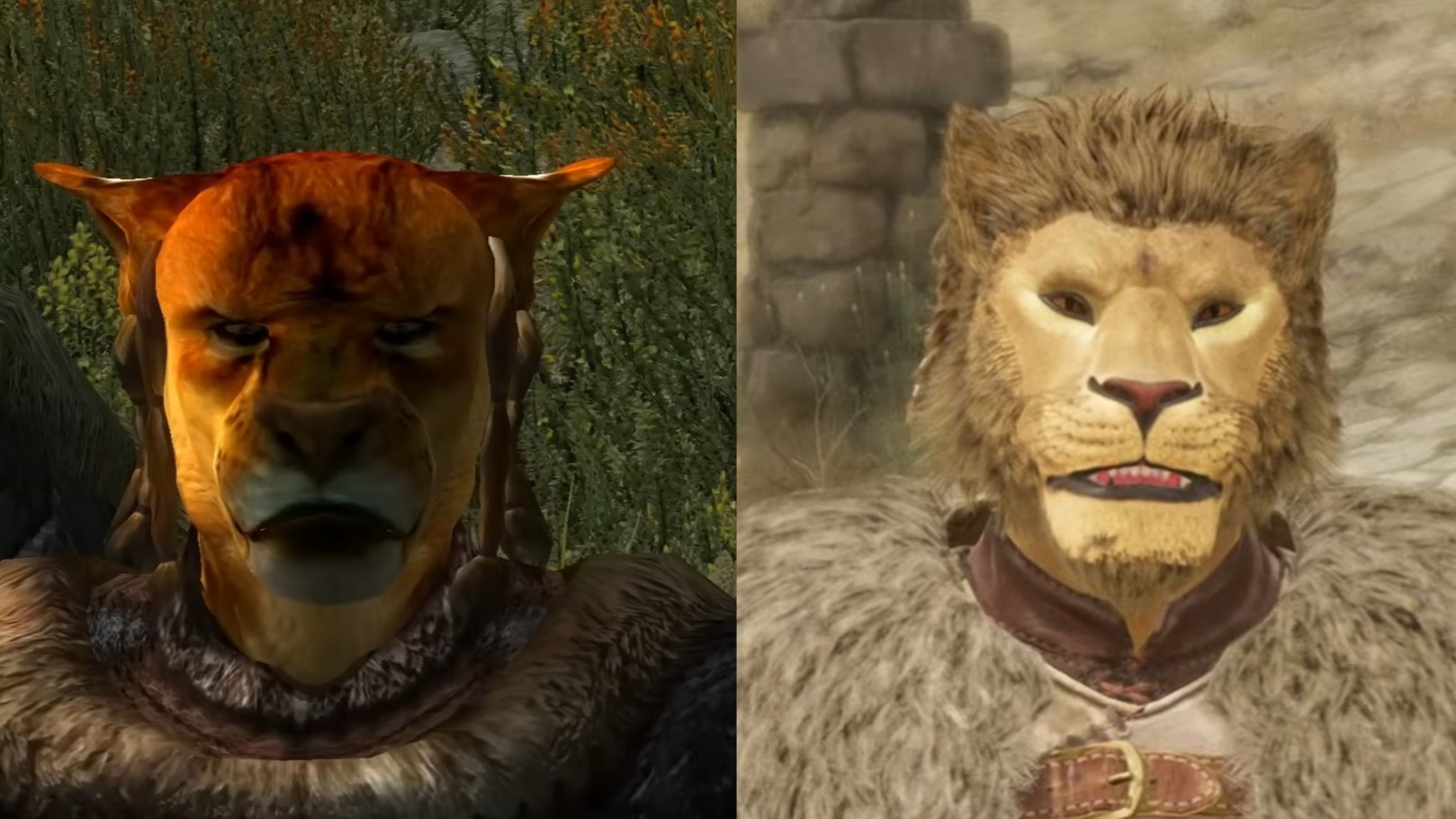Should Halo use the Overwatch 2 approach for its multiplayer?
Overwatch Game Director Jeff Kaplan hopes that Overwatch 2's approach to the concept of a sequel will influence all of gaming. What would it look like if Halo followed suit?
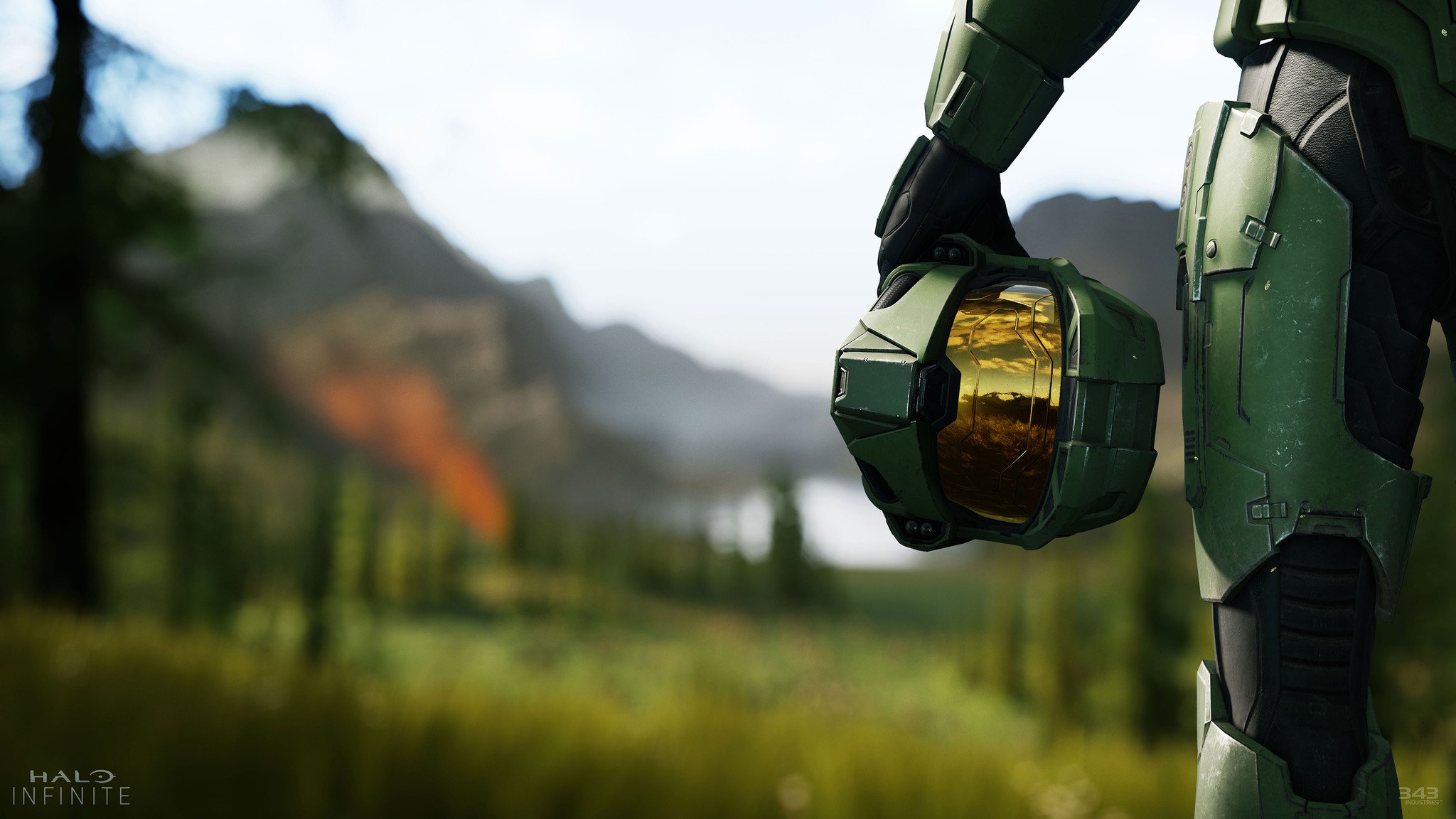
During Blizzcon 2019, Blizzard Entertainment Vice President and Game Director of Overwatch Jeff Kaplan said in an interview with VG247 that he hopes Blizzard's approach to making Overwatch 2 will "influence the industry a little bit." Kaplan explains that losing all progression in the original game and having to engage with a new progression system in a sequel can be disheartening. However, he wants to see gaming evolve to allow players to carry their progress forward. Also, he also wants people not to feel "left behind" when a new game comes out.
Based on what we know so far, Overwatch 2 is indeed a prime example of this mindset. All of a player's cosmetics and stats will be moved from Overwatch to Overwatch 2 for free, both games will receive free new PvP content, and players of both games will be able to play together in PvP. What you'll be paying for with Overwatch 2 is access to a broad suite of player-versus-environment (PvE) story missions (you'll get the PvP as well, if you don't own the first Overwatch).
It's clear that Jeff Kaplan wants to get people thinking about how developers should approach the idea of a sequel, and that got me thinking about how this might hypothetically work for a franchise like Halo. Specifically, Halo Infinite's PvP, and whether or not the sequel to the game may benefit from the Overwatch 2-style of carrying a multiplayer experience into the future as opposed to the traditional idea of making a new multiplayer that goes along with new story campaigns.
The benefits
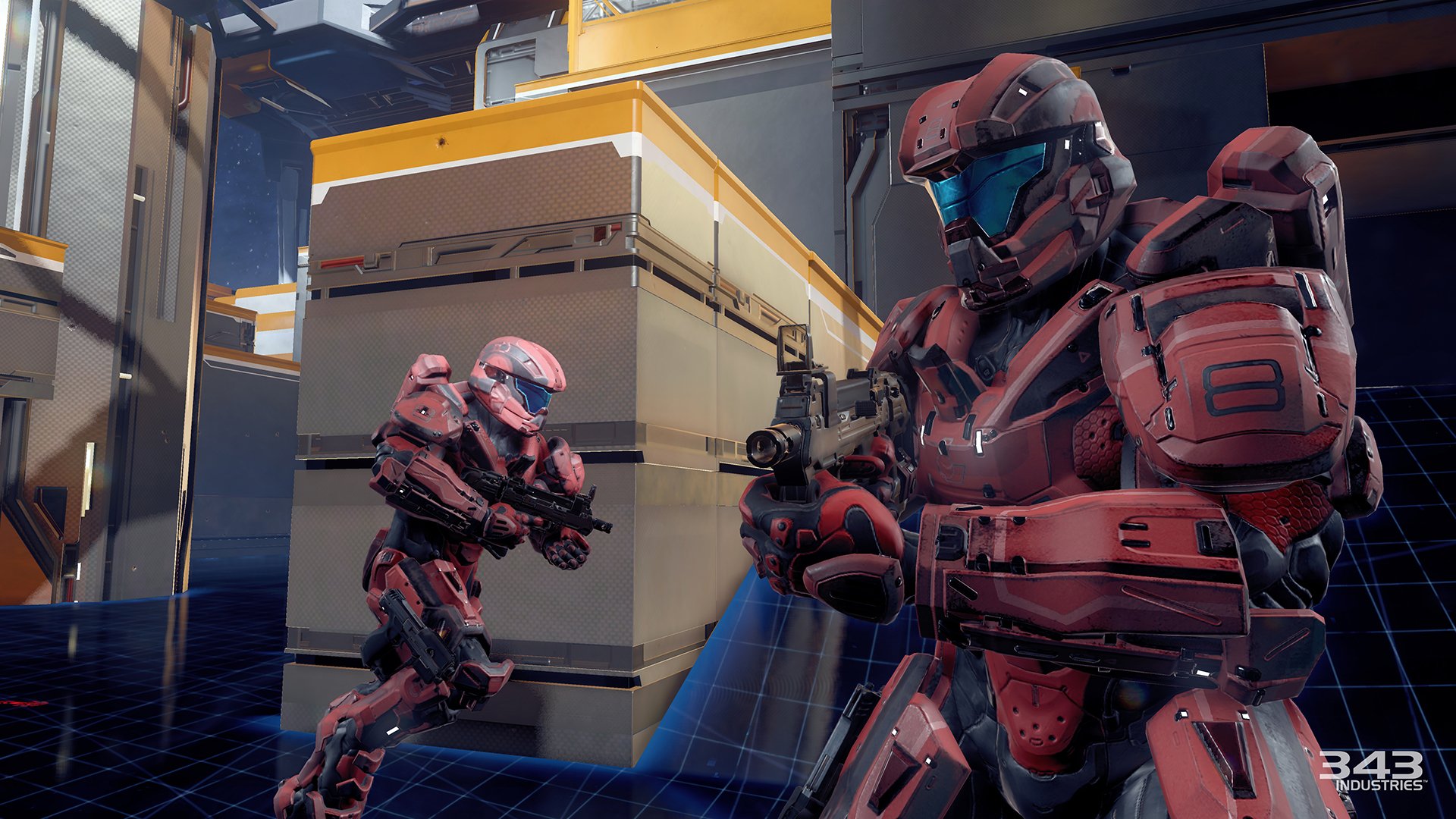
I think the most significant benefit that would come from the sequel to Halo Infinite carrying Infinite's multiplayer forward as Overwatch 2 is doing with Overwatch would be the fact that players who are solely focused on PvP matchmaking could get access to all new PvP content for free. This would save a lot of money for PvP fans, as they would only have to purchase one game to always be playing the "current Halo multiplayer," as opposed to the past when people had to buy each new game for that.
A multiplayer supported beyond the normal amount of years would give 343 Industries time to fine-tune the gameplay to perfection.
Secondly, a multiplayer experience that would last as long as this would allow 343 Industries to fine-tune the gameplay as much as possible and make it the best it can be. This is one of the most significant issues I had with Halo 5: Guardians' PvP. The sandbox is arguably a bit of a mess, and many players aren't happy with it, but with Halo Infinite on the horizon, it seems that the days of Halo 5 receiving any balance update are long gone. With a unique multiplayer experience being supported and worked on for many years, 343's multiplayer balancing team would have the time to tweak the gameplay to perfection without feeling the heat of an upcoming release on its neck.
Finally, players would be able to carry over all of their Halo Infinite cosmetic unlocks, such as armor pieces or weapon skins, to this hypothetical sequel. This would be a great way to ensure that players get to show off what they earn in-game for a long time, as opposed to the traditional style of sequel releases that makes players unlock things all over again.
The (potential) drawbacks
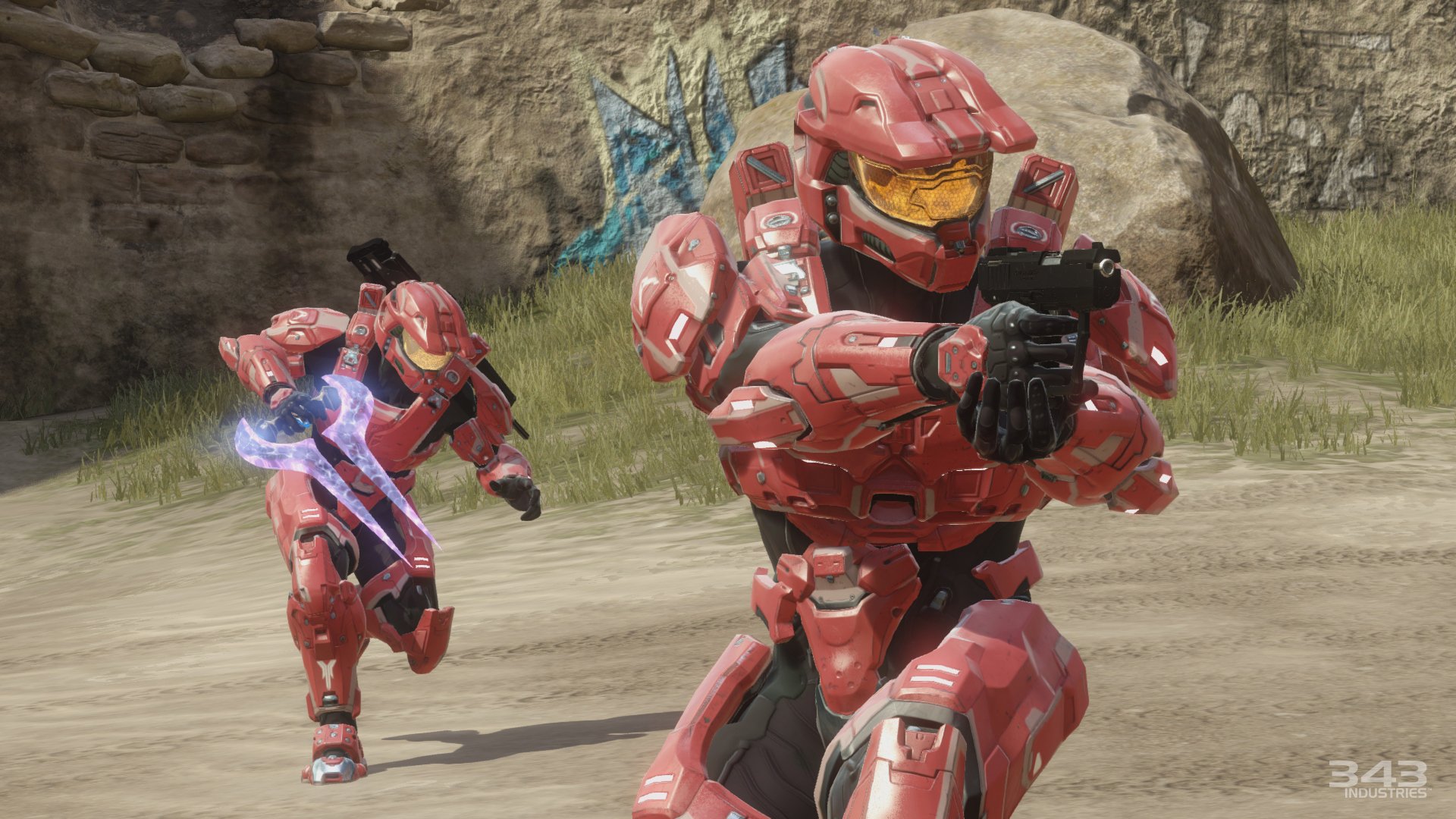
The biggest potential issue I have with this type of setup is that all of Halo's eggs would be in one basket. While things like balance would be able to be fine-tuned, if Halo Infinite's multiplayer is deeply flawed on a fundamental level, it would be awful for the Halo fanbase to be stuck with it for years and years. It's a considerable risk; having one awesome multiplayer that lasts for a very long time has serious potential to succeed, but a terrible multiplayer that lasts that long would be, well, terrible.
Get the Windows Central Newsletter
All the latest news, reviews, and guides for Windows and Xbox diehards.
If post-launch content underwhelms, players may get bored of the gameplay, even if the game's foundation is excellent.
The next problem that might occur were this actually to happen is that 343 Industries' post-launch PvP content may underwhelm. In today's day and age of gaming, there's already a lot of pressure on developers to deliver satisfying additions to their games as-is. With a multiplayer like this, 343 would need to continuously provide satisfying content for a very long time, and failing to do so may cause fans to become bored with the gameplay experience, even if the foundation it's built on is excellent.
Lastly, there would be a lot of pressure on the PvE content of this sequel to sell well. Since all PvP additions would be free and players wouldn't need to buy a new game to play multiplayer if they already own Halo Infinite, Halo's continued financial earnings from the game side of the franchise would largely ride or die with the quality of the sequel's campaign and/or PvE expansions. If the series continues to have microtransactions, they may help alleviate that reliance, but I still think it will exist.
So, should Halo take this route?
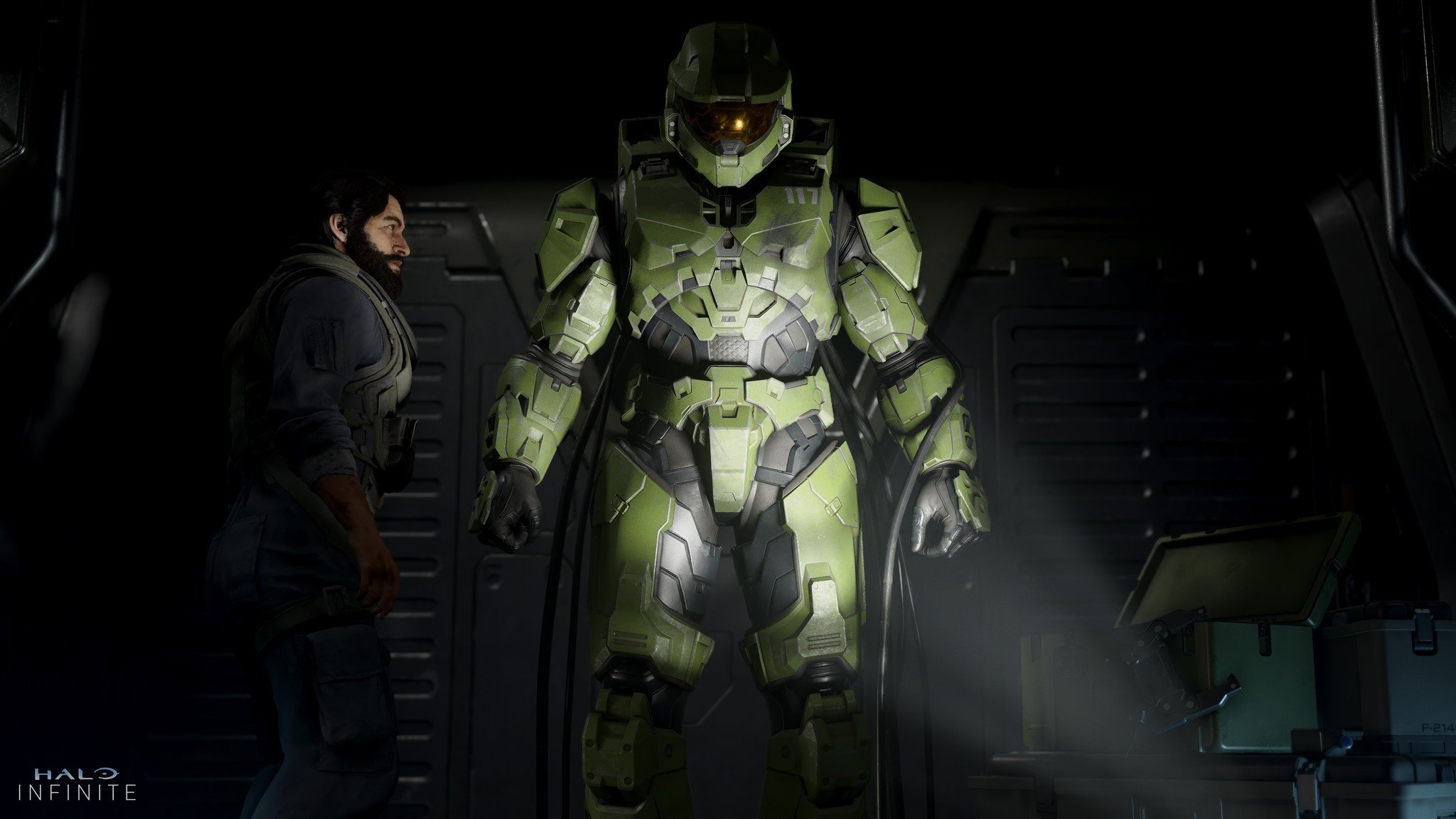
Honestly, while the benefits of this system are clear-cut and valid, this is a question that I can't answer without seeing how good Halo Infinite is first. Halo isn't the king of the shooter market like it used to be, and without knowing how well Halo Infinite performs beforehand, it would be pointless to try and determine what kind of risks its sequel should take. I think it's smarter to wait and see where the franchise's reputation stands following the launch of Halo Infinite and Project Scarlett, the next Xbox console.
While the rest of the Overwatch 2-style system is risky, a progression system that carries over is less so.
I do, however, feel that the sequel to Halo Infinite would benefit significantly from having unlockables carry over from Halo Infinite, at least to some degree. Allowing players to take their hard-earned items with them moving forward is a beautiful way to avoid some of those disheartening feelings that Jeff Kaplan was talking about. It would also make players feel like their time investment into Halo matters, even when new games come out and the previous ones fall out of popularity.
I'm curious to hear from you, though. Does the idea of a Halo multiplayer like what is described above appeal to you, or do you think the Overwatch 2-style of the PvP being included with PvE-focused sequels is too risky for the franchise? Are you undecided? Make sure to comment your thoughts.
Xbox
Main
- What is Xbox Game Pass?
- Best 4K TVs for Xbox Series X and S
- Must-buy Xbox One Headsets
- Our Favorite Xbox One Wireless Headsets
- Best Upcoming Xbox Games for 2021
- Xbox One X vs. Xbox Series S
Great Halo games
All the greatest Halo games are available now on Xbox and are heading to PC too throughout 2019 and beyond.
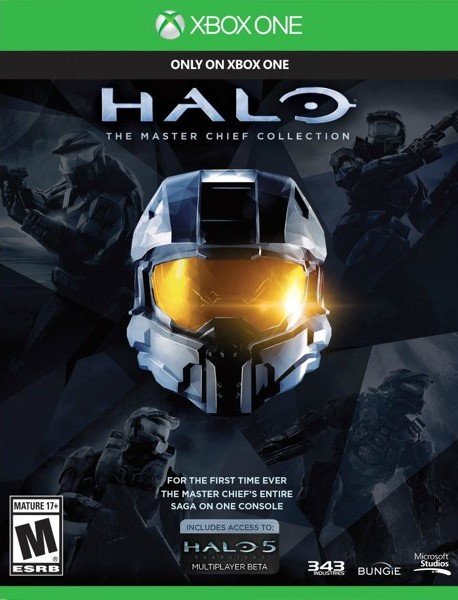
Halo: The Master Chief Collection ($30 at Microsoft)
The Master Chief Collection is a fantastic game that lets you experience the entirety of Master Chief's saga in one convenient package.

Halo Wars 2 ($40 at Microsoft)
Halo Wars 2 is arguably the best real-time strategy title on Xbox One, offering players a wealth of incredibly satisfying, Halo-themed content.
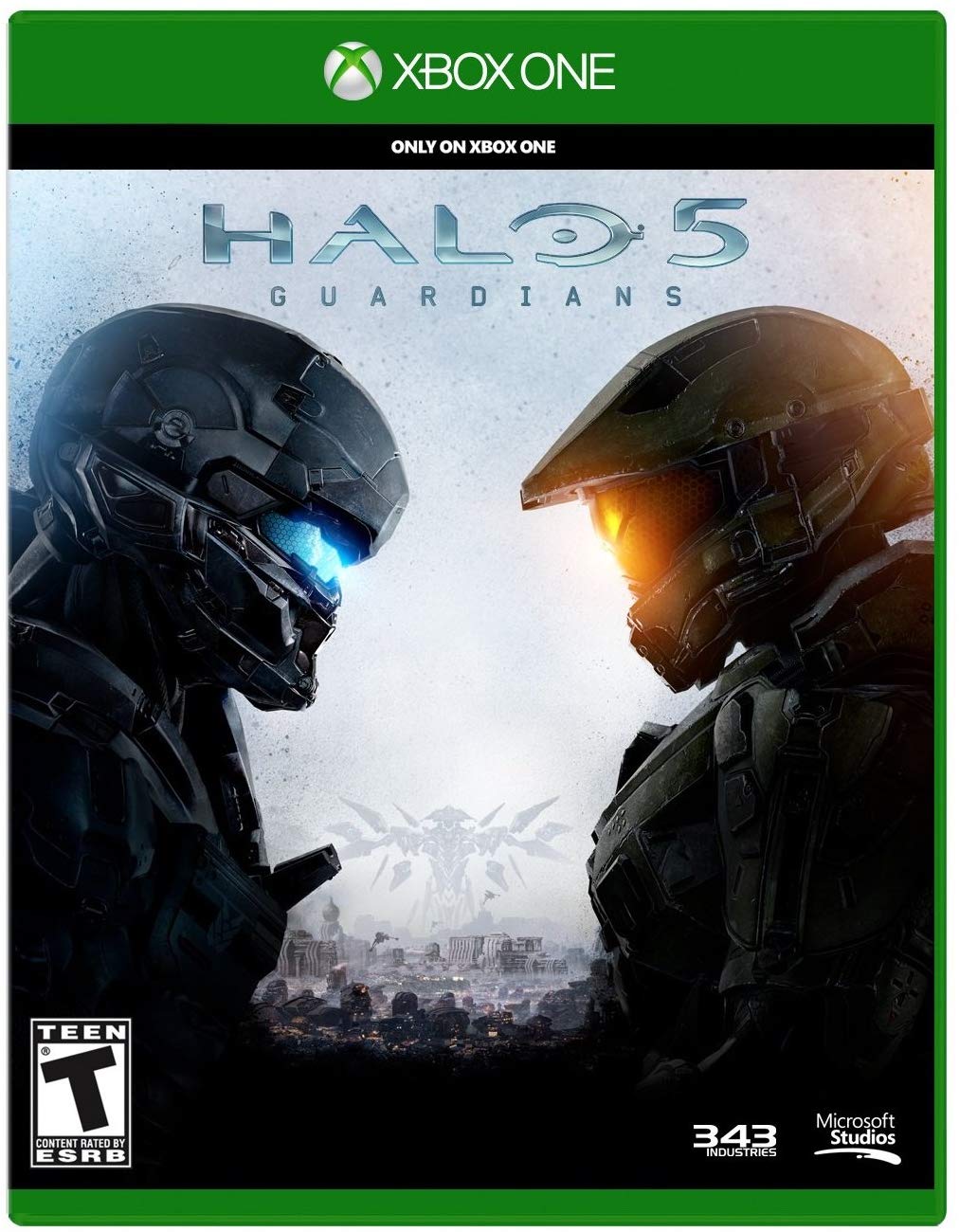
Halo 5: Guardians ($20 at Microsoft)
Halo 5: Guardians is the latest Halo first-person shooter title, and it's got plenty of excellent content within that most players will have a good time with.
Brendan Lowry is a Windows Central writer and Oakland University graduate with a burning passion for video games, of which he's been an avid fan since childhood. He's been writing for Team WC since the summer of 2017, and you'll find him doing news, editorials, reviews, and general coverage on everything gaming, Xbox, and Windows PC. His favorite game of all time is probably NieR: Automata, though Elden Ring, Fallout: New Vegas, and Team Fortress 2 are in the running, too. When he's not writing or gaming, there's a good chance he's either watching an interesting new movie or TV show or actually going outside for once. Follow him on X (Twitter).

